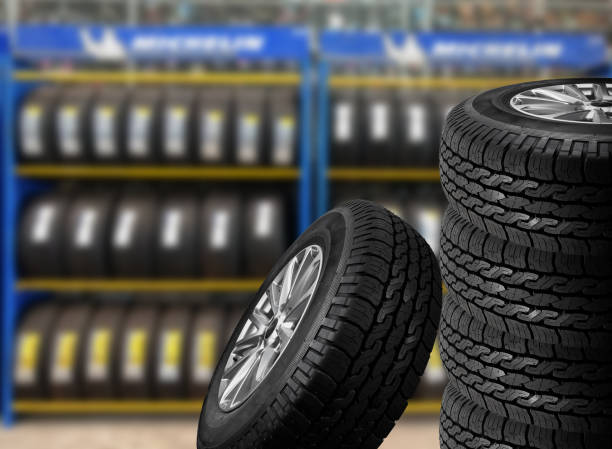Everything You Need to Know About Summer Tires
Summer tires play an important role in enhancing vehicle performance during warm weather. Designed with specialized rubber compounds and unique tread patterns, they provide improved grip and handling. However, their effectiveness diminishes in colder temperatures. Understanding their features and maintenance requirements is essential for best use. What factors should one consider when selecting summer tires? The answers may surprise those looking to maximize their driving experience.
What Are Summer Tires?
Summer tires are specifically designed for peak performance in warm weather conditions. These tires utilize a specialized rubber compound that remains flexible and responsive in high temperatures, enhancing grip on both dry and wet surfaces. Unlike all-season tires, summer tires for car applications prioritize handling, braking, and cornering capabilities, resulting in superior traction during summer driving.
Their tread patterns are optimized for maximum road contact, minimizing hydroplaning risks and improving stability. While they excel in warm climates, summer tires should not be used in cold temperatures or snowy conditions, as their performance greatly deteriorates, compromising safety and control.
Key Features of Summer Tires
Designed for peak performance in warm weather, summer tires boast several key features that set them apart from other tire types. Their specialized rubber compounds enhance grip and traction, allowing for superior handling on both dry and wet surfaces. The tread patterns of summer tires are optimized to maximize contact with the road, promoting stability during high-speed maneuvers.
Unlike all-season or winter tires, they lack deep grooves, which minimizes water displacement and reduces hydroplaning risk. Additionally, summer tires are engineered to maintain flexibility in warm temperatures, ensuring consistent performance throughout the driving season, making them an essential choice for enthusiasts and everyday drivers alike.
Benefits of Using Summer Tires
One of the most significant advantages of using summer tires is their ability to enhance vehicle performance in warm conditions. Designed with specialized rubber compounds, these car tires provide superior grip on both dry and wet roads, ensuring excellent handling and braking. Their tread patterns are engineered to maximize traction, allowing for improved cornering stability.
Additionally, summer tires often feature lower rolling resistance, which can contribute to better fuel efficiency. This combination of performance benefits makes them an ideal choice for drivers seeking to elevate their driving experience during the summer months, where temperatures typically exceed 7°C (45°F).
Choosing the Right Summer Tires for Your Vehicle
How can a driver guarantee they select the most suitable summer tires for their vehicle? First, understanding the vehicle’s specifications is essential, including size, load rating, and performance requirements. Drivers should consider the tire’s tread design, which impacts handling and traction on dry and wet roads.
Consulting a trusted riepu serviss can provide expert recommendations based on driving habits and local climate conditions. Additionally, examining the tire’s temperature and grip ratings can help secure optimal performance. Ultimately, selecting the right summer tires enhances safety, improves fuel efficiency, and maximizes the driving experience during warm weather.
Maintenance and Care for Summer Tires
Proper maintenance and care of summer tires is essential for guaranteeing ideal performance and longevity. Regularly checking tire pressure is vital, as improper inflation can lead to uneven wear and decreased fuel efficiency. Additionally, rotating tires every 5,000 to 7,500 miles helps maintain balanced tread wear.
Inspecting tread depth and monitoring for signs of damage, such as cracks or bulges, ensures the tires remain safe for use. Cleaning summer tires from debris and avoiding harsh chemicals can also extend their lifespan. Ultimately, diligent upkeep of summer tires markedly enhances a car’s handling, safety, and overall driving experience during warm months.
Conclusion
In conclusion, summer tires are essential for drivers seeking peak performance in warm weather conditions. Their specialized design and tread patterns enhance grip and handling, making them ideal for both dry and wet surfaces above 7°C (45°F).
However, their limitations in colder climates necessitate careful selection and maintenance. By understanding the key features and benefits, as well as the importance of regular upkeep, drivers can guarantee a safe and enjoyable driving experience throughout the summer months.

